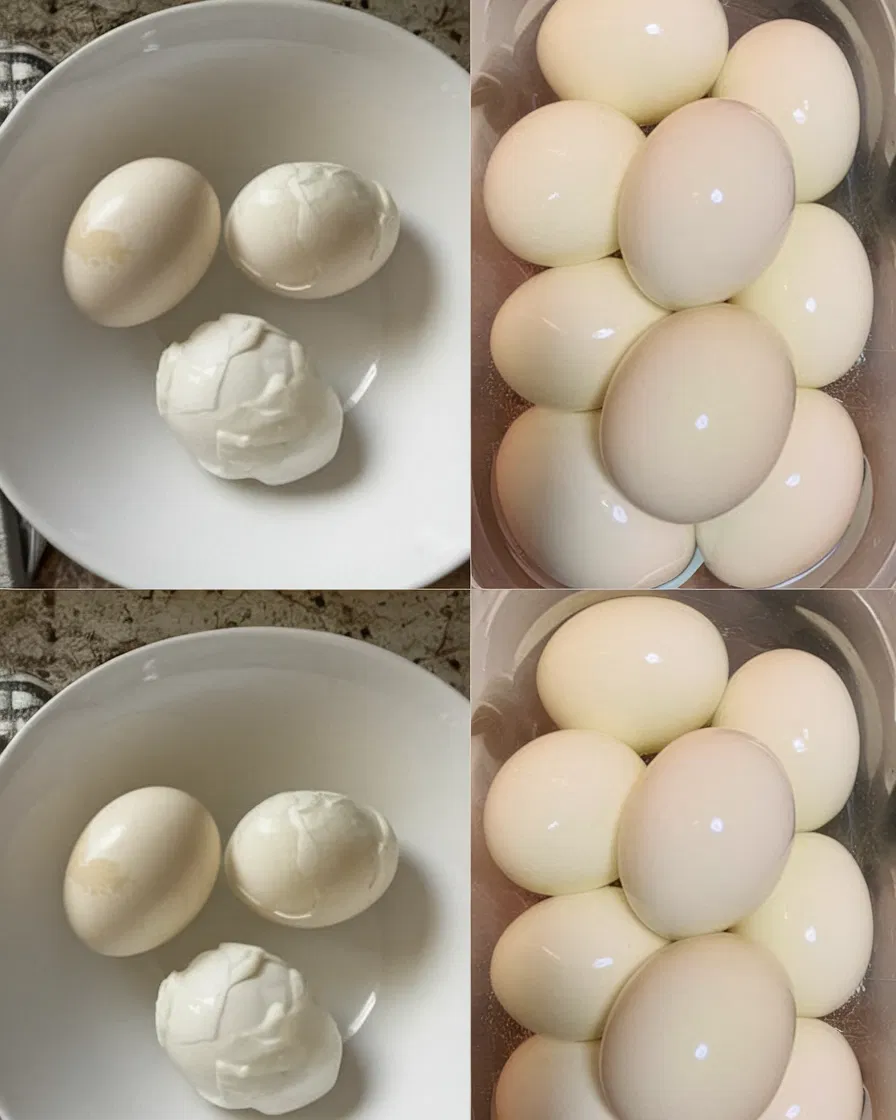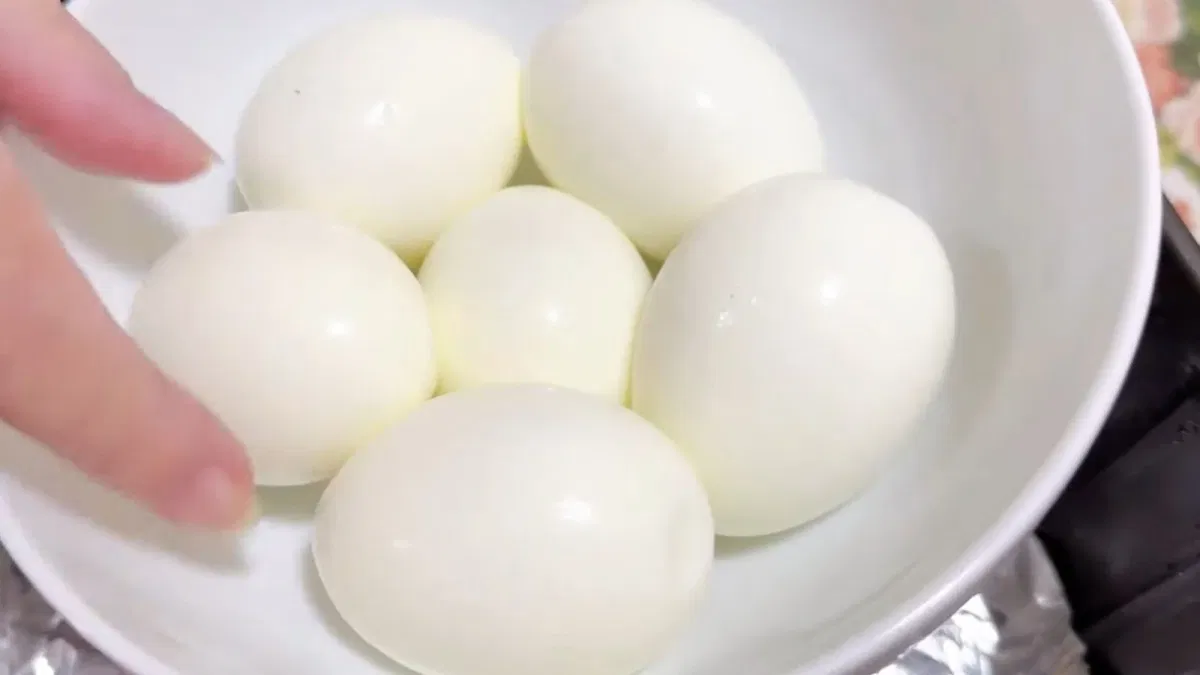
Hard-boiled eggs are a popular kitchen staple due to their variety, nutritional content, and ease of preparation. However, one of the most difficult aspects of preparing them is peeling the shells cleanly. If you’ve ever had to deal with obstinate, jagged eggshells and damaged egg whites, you are not alone. Fortunately, famed French chef Jacques Pépin offers a simple yet innovative method that will save you time and work while producing immaculate eggs every time.
Why do hard-boiled eggs stick to their shells?
The air pocket inside the hard-boiled egg causes difficulty when peeling them. As the egg cooks, the air pocket expands, pressing the egg white firmly against the shell. This is especially true for fresher eggs, when the membrane between the shell and egg white remains intact, making peeling a difficult task. Without a minor tweak to the cooking procedure, you may wind up with obstinate shells stuck to your eggs.
The Jacques Pépin Trick: A Simple Hole for Easy Peeling
Jacques Pépin, a renowned chef, has given a simple and highly effective solution to this widespread problem. What about his hack? Before boiling, poke a small hole in the eggshell’s broader end. This permits the air pocket to escape when cooking and keeps the shell from clinging to the egg white. With this simple change, peeling becomes rapid and easy.
Step-by-Step Directions for Poking the Perfect Hole
While this hack is simple, following a few crucial steps can guarantee excellent results:
- Select Your Eggs: This procedure works for eggs of any age, however slightly older eggs peel more readily. If you use really fresh eggs, the process may require a little more caution.
- Choose a Tool: There is no need for specific equipment; a pin, needle, or thumbtack will suffice. These everyday items are ideal for making a small hole in an egg without breaking it.
- Poke the Hole: Gently grasp the egg and use your instrument to make a small hole in the broader end of the shell, which contains the air pocket. This permits air to escape while the egg cooks.
- Be Gentle: The hole should be tiny enough to allow air to escape but not so large that it disrupts the egg’s integrity. A delicate touch is essential to preventing cracks.
Cooking Eggs to Perfection
Once your eggs have been prepared with a little hole, follow these steps for optimal cooking:
- Boil the Water First: Bring a kettle of water to a rolling boil before adding the eggs. This allows for better control over cooking time.
- Lower the Eggs Gently: Using a slotted spoon, carefully lower the eggs into the boiling water to avoid cracking and guarantee equal cooking.
For soft-boiled eggs, cook for 6 minutes.
For medium-boiled eggs, cook for 8-9 minutes.
For hard-boiled eggs, cook for 10-12 minutes, depending on how firm you like your yolks. - Use an Ice Bath for Easy Peeling: After frying the eggs, immediately place them in an ice water bath. This stops the cooking process and loosens the shells, making peeling easier.
Conclusion
Jacques Pépin’s brilliant trick of piercing a small hole in the eggshell eliminates the frustration of peeling hard eggs. Whether you want your eggs soft, medium, or hard-boiled, this method guarantees smooth, properly peeled eggs every time. Say goodbye to dirty shells and enjoy your hard-boiled eggs without difficulty!
















